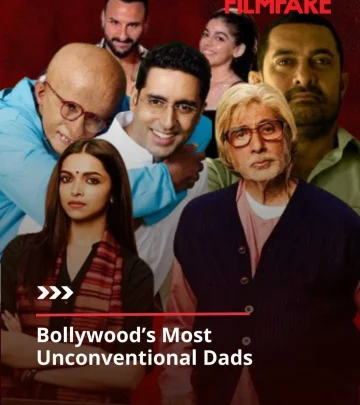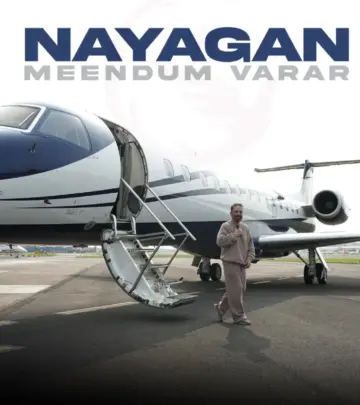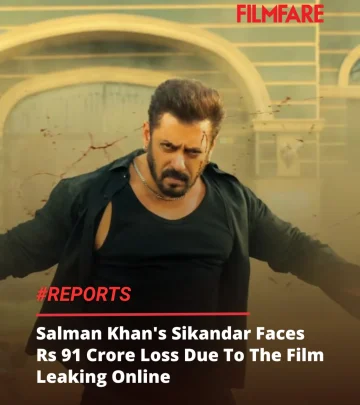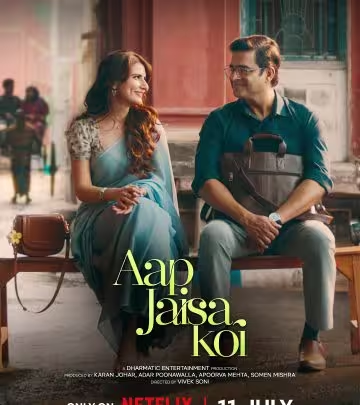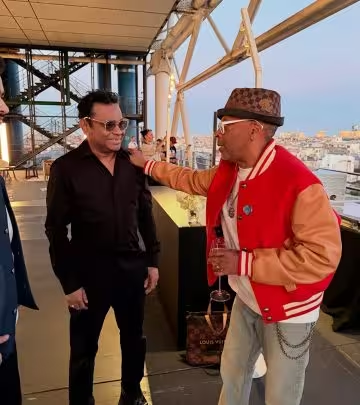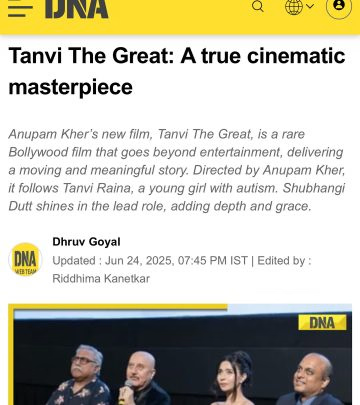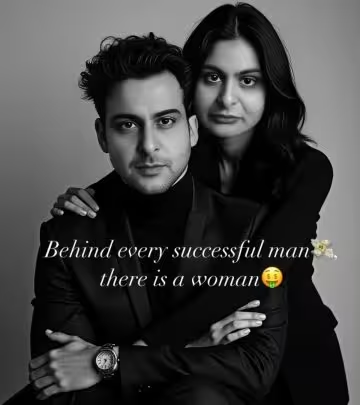ThugLife Apology: Mani Ratnam’s Candid Statement
Nationwide premiere fizzled; Mani Ratnam apologizes for gangster drama falling far short!
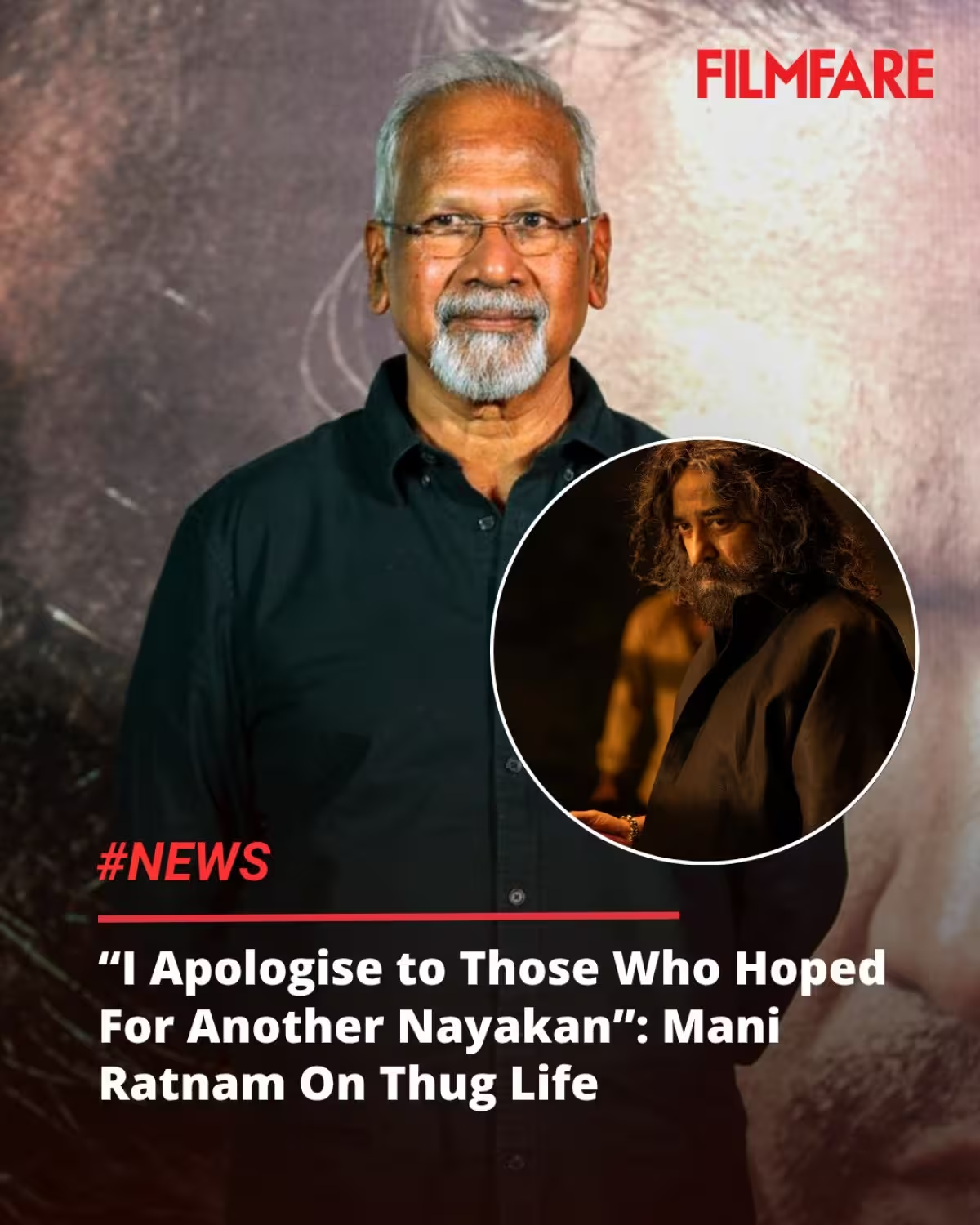
Image: Instagram
ThugLife, the long-awaited gangster drama directed by Mani Ratnam and starring Kamal Haasan, made its nationwide premiere on June 5 amid a palpable cocktail of anticipation and high expectations. The film marked the monumental reunion of the celebrated director and actor after 38 years—a pairing that revives memories of iconic classics and set the stage for comparisons with legendary works like Nayakan.
Premiere Night And Legendary Reunion
The premiere of ThugLife was billed as an event of epic proportions, drawing in cinephiles eager to witness the new take on a genre that once reigned supreme. Packed halls and buzzing conversations bore testimony to the excitement. Yet, as the curtains fell on the opening show, early whispers of discontent began to surface. The audience’s reaction, a mixture of subdued disappointment and unmet nostalgia, soon evolved into a broader, community-wide debate on social media.
In a move that surprised many, director Mani Ratnam chose to address the criticism head on. Speaking candidly, he stated, “I apologise to those who hoped for another Nayakan from us. All I can say is we are sorry. Our intention was never to revisit the past. Why would we? We aimed to give a new experience, but the fans expected something far from what we delivered.” His words resonated with a segment of fans who appreciated the upfront honesty, even as others debated whether the apology could remedy the gap between expectations and experience.
Critical Reception Shifts Expectations
The film’s bold attempt to chart new territory in the gangster drama space was met with mixed reviews. While some viewers lauded the innovative narrative and fresh visual style, a sizable portion of the audience longed for the reminder of classic storytelling. The legacy of films like Nayakan loomed large, and many felt that ThugLife, despite its technical finesse and ambitious scope, failed to capture the emotional gravitas expected from such a reunion.
Industry insiders, too, weighed in on the unfolding situation. Renowned trade magazines and platforms, including Filmfare, provided extensive coverage of the premiere, highlighting not only the film’s aesthetic strengths but also the palpable disappointment among longtime fans. Social media exploded with varied reactions, as Instagram posts captured everything from the glitz of red carpet moments to the more subdued, reflective mood of the audience afterwards.
Transparency In Apology
Rather than retreating from criticism, Mani Ratnam’s public apology brought a dose of humility to an otherwise high-pressure launch. In his statement, he underscored that the project was conceived as an attempt to offer a unique cinematic experience. The director’s admission—acknowledging that his intention was not to rehash the golden eras of the past—struck a chord with many critics who admired his willingness to be transparent. His remark, “Our intention was never to revisit the past,” has sparked a broader discussion about the challenges filmmakers face when balancing innovation with the well-established expectations of loyal fans.
The candid tone of the apology has been interpreted by many in the industry as a refreshing change from the usual PR spin. Analysts note that while the film’s experimental approach was commendable, it also helped underline the inherent risks associated with diverging from a formula that had worked so well historically. The delicate interplay between reinvention and homage remains a constant challenge in a rapidly evolving film landscape.
Social Media Buzz And Fan Reactions
In the digital realm, reactions to ThugLife have been just as heated. Numerous Instagram posts—one shared by the renowned Filmfare account—captured the vibrant array of emotions flooding in after the premiere. Candid shots from the event, interspersed with live audience reactions, revealed a complex tapestry of enthusiasm, criticism, and nostalgia. Amid the hashtags #ThugLife and #Nayakan, fans debated whether this fresh adaptation successfully broke new ground or fell victim to the inevitable comparisons with classics of the past.
This social media uproar underscores a broader shift in audience behavior where transparency and candid dialogue are becoming as critical as the film’s narrative itself. The passionate discussions suggest that while fans welcome innovation, they also hold a deep-seated reverence for the legacy of earlier masterpieces.
Looking Ahead
The fallout from the ThugLife premiere has set the stage for introspection within the industry. As the film gears up for its digital release following a renegotiated OTT deal, there is cautious optimism that time away from the intense glare of the theatrical window might offer the movie a second look. Industry experts suggest that this incident could signal a turning point, prompting filmmakers to calibrate more precisely how they blend modern storytelling techniques with the robust expectations of audiences steeped in cinematic history.
The narrative of ThugLife, marked by both ambition and candid regret, serves as an important case study. It highlights the inherent challenges in reimagining a genre that carries decades of legacy and emotional investment. Mani Ratnam’s willingness to acknowledge shortcomings publicly is seen by many as an exemplary gesture of accountability—a rare and commendable move in today’s fast-paced film industry.
This episode leaves audiences and critics alike pondering the future direction of gangster dramas in Indian cinema. While the short-term reception of ThugLife may be mixed, its unvarnished admission opens the door for more nuanced discussions on how filmmakers can innovate without alienating devoted fans. The conversation continues, and as always, the evolution of cinematic narratives remains a dynamic, ever-unfolding story.
Read full bio of Glendon Moss



